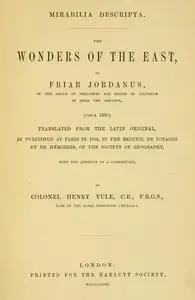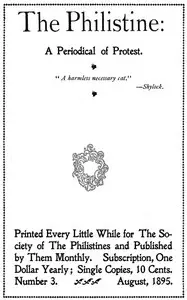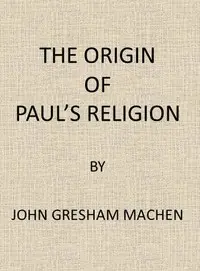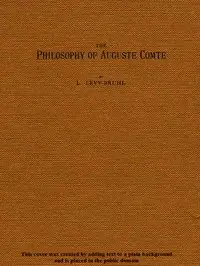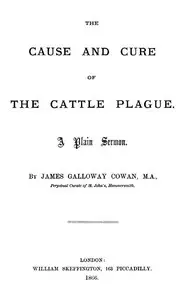"The Essays of Arthur Schopenhauer: Studies in Pessimism" by Arthur Schopenhauer is a philosophical text written in the early 19th century. The collection comprises various essays reflecting on the nature of existence, with a notably pessimistic viewpoint on human life and suffering. It covers themes like the inherent suffering of life, the vanity of existence, suicide, and philosophical reflections on education and women, all of which explore the darker aspects of the human condition and the quest for meaning within it. The opening of the work sets a bleak tone as Schopenhauer delves into the concept of suffering, suggesting that life's primary objective is intertwined with pain and misfortune. He critiques optimistic philosophies that dismiss the prevalence of evil and suffering, emphasizing that happiness is merely the absence of pain. Schopenhauer illustrates human existence as a series of disappointments, marked by an underlying madness due to unfulfilled desires. Through vivid analogies about life's futility and the inevitability of death, he positions existence as fundamentally flawed. He further argues that if humans could foresee the hardships of life, many would choose not to be born at all, thus framing existence as a burden rather than a gift. This opening establishes a strong foundation for the exploration of Schopenhauer's philosophical pessimism. (This is an automatically generated summary.)

The Essays of Arthur Schopenhauer; Studies in Pessimism
By Arthur Schopenhauer
"The Essays of Arthur Schopenhauer: Studies in Pessimism" by Arthur Schopenhauer is a philosophical text written in the early 19th century. The collec...
Genres
Released
2004-01-01
Formats
epub (images)
epub
mobi (images)
epub3 (images)
mobi
Free Download
Overview
About the Author
Arthur Schopenhauer was a German philosopher. He is known for his 1818 work The World as Will and Representation, which characterizes the phenomenal world as the manifestation of a blind and irrational noumenal will. Building on the transcendental idealism of Immanuel Kant (1724–1804), Schopenhauer developed an atheistic metaphysical and ethical system that rejected the contemporaneous ideas of German idealism.
Total Reviews
10.0k
Total reviews from Goodreads may change








